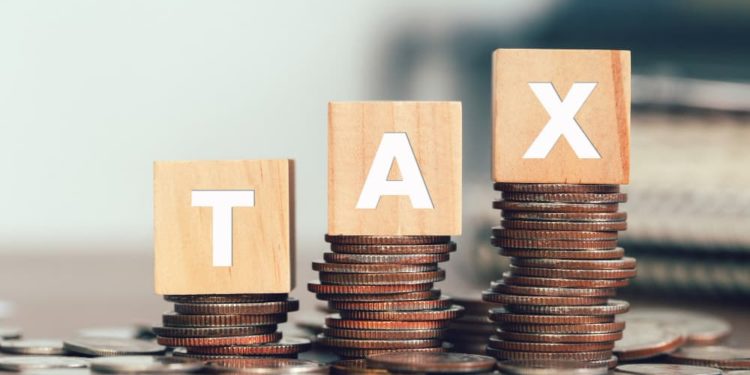Kenya’s government is facing a difficult balancing act: raising taxes to increase revenue while struggling to collect enough from the existing tax base. Despite recent efforts, tax revenues remain insufficient to meet growing fiscal demands. In the 2023/2024 financial year, the Kenya Revenue Authority (KRA) collected KES 2.4 trillion, which fell short of the 2.5 trillion target by about KES 114.2billion. This shortfall highlights deeper challenges within the economy and tax system.
One key issue is sluggish economic growth. With GDP growth slowing to 5.9% in 2023 from 7.6%% in 2021, businesses are earning less, incomes remain stagnant, and job creation is weak. As a result, the taxable base does not expand fast enough to generate the desired revenue. Raising tax rates in such an environment places more burden on a struggling population and risks slowing economic activity further.
Another challenge is the large informal sector, which accounts for over 80.0% of employment in Kenya. This sector remains difficult to tax due to its unregulated and cash-based nature. Many small traders and businesses operate outside formal systems, meaning the government relies heavily on taxes from salaried workers, large corporations, and indirect taxes like VAT.
The government has also introduced a series of tax hikes in recent years, such as increasing VAT on fuel to 16.0% and raising excise duties on products like alcohol and cigarettes. These measures disproportionately affect consumers, increasing the cost of living without necessarily growing revenue significantly. The reliance on indirect taxes often leads to resistance, with businesses passing on costs to consumers, reducing overall consumption.
Lastly, tax compliance remains low, with widespread evasion and loopholes. While KRA has introduced digital systems to improve collections, enforcement challenges persist.
To address these issues, the government must balance tax increases with policies that stimulate economic growth. Investing in the formalization of the informal sector, reducing tax evasion, and widening the tax base will be critical. Raising rates alone is unsustainable if the economy does not grow. A healthier economy will naturally improve tax revenues, creating a sustainable solution to Kenya’s fiscal struggles.

















